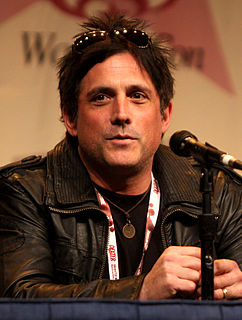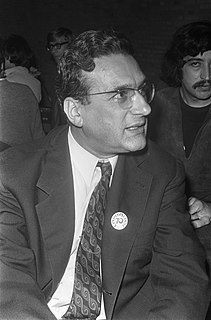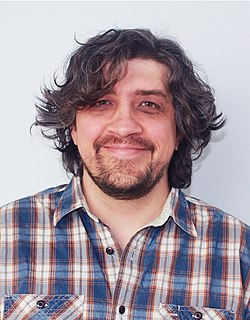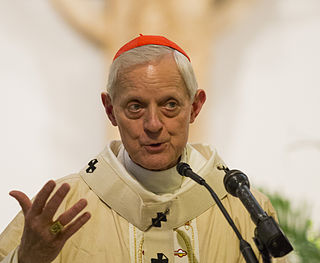A Quote by Adam Curtis
Journalists, whose job is to pull back and tell dramatic stories that bring power into focus, find it impossible because things like economic theory are both incomprehensible and, above all, boring. The same is true of 'management science.'
Related Quotes
Life is painful sometimes. It touches everyone, so you may as well try to look for other answers and find peace. So, it is difficult to write those types of things because nobody wants to tell sad stories. I think that I'll always tell stories about human hope. I would love to be able to tell somebody, "It's okay. It's all right. Be a good person." That's what my job is, in life.
What does it matter, if we tell the same old stories? ...Stories tell us who we are. What we’re capable of. When we go out looking for stories we are, I think, in many ways going in search of ourselves, trying to find understanding of our lives, and the people around us. Stories, and language tell us what’s important.
I think science has a better story to tell than anyone else has been able to tell and that's because it's based on the rigorous winnowing that science and scientists are always doing in order to find out what's really happening. I think it's really good to encourage generally our ability to tell stories and that's a great skill that we come by naturally, so I'm excited about that.
The very act of story-telling, of arranging memory and invention according to the structure of the narrative, is by definition holy. We tell stories because we can't help it. We tell stories because we love to entertain and hope to edify. We tell stories because they fill the silence death imposes. We tell stories because they save us.
I also like to look at the dynamic that takes place between religion and science because, in a way, both are asking the same questions: Who are we? Where do we come from? Why are we here? Where are we going? The methodologies are diametrically opposed, but their motivation is the same; the wellspring is the same in both cases.
As I glanced at the phraseology of the research report, dull and unfathomable to outsiders like me, I thought that if you have the ambition to become a villain, the first thing you should do is learn to be impenetrable. Don’t act like Blofeld—monocled and ostentatious. We journalists love writing about eccentrics. We hate writing about impenetrable, boring people. It makes us look bad: the duller the interviewee, the duller the prose. If you want to get away with wielding true, malevolent power, be boring.





































